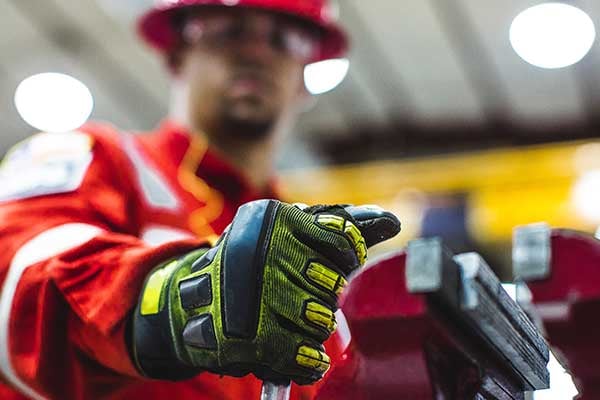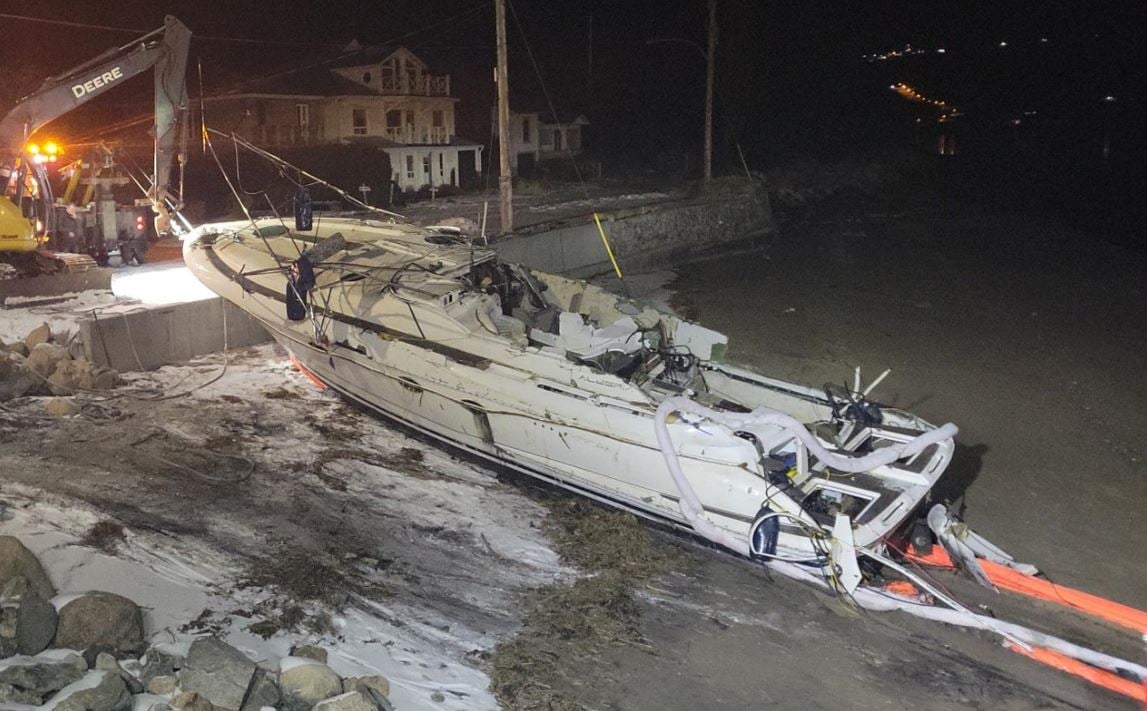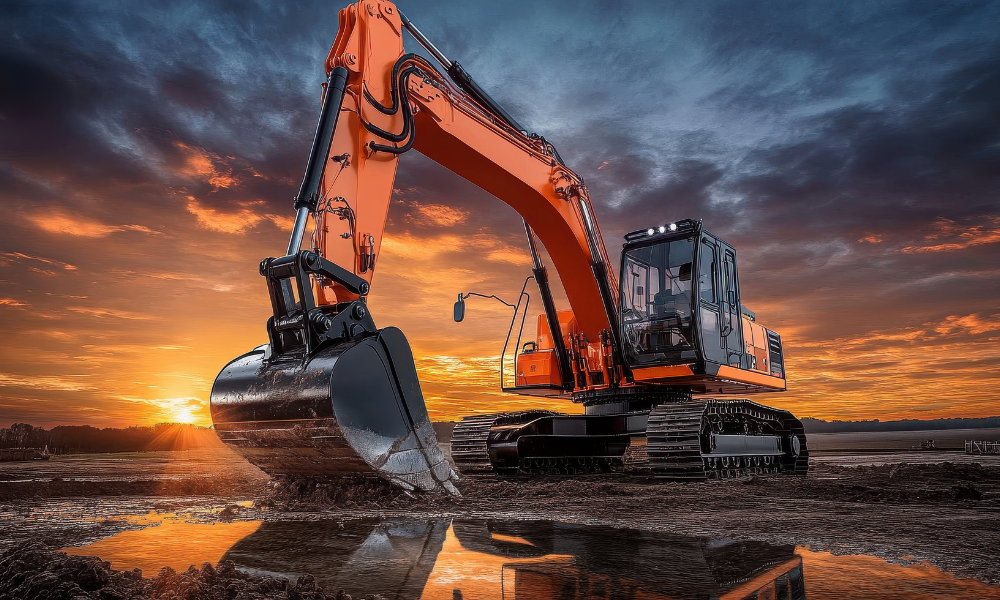Company wins gold in oil and gas category of Canada's Safest Employers awards

Safety managers at Calgary-based Weatherford Canada want all new workers to know they have the right to stop work. That’s a central theme of Right Start, the two-day orientation that new hires attend.
“It really comes down to trying to create a culture where it’s okay to refuse unsafe work,” says Dave Reed, vice-president for Canada at Weatherford. “Everybody has to take Right Start. It doesn’t give you any tools necessarily to do your job better. What it does is lay out expectations about how Weatherford operates. And one of the things we talk a lot about in Right Start is not putting yourself at risk.”
Safety training at the oil and gas service company, which has about 1,600 employees, encourages workers to watch and intervene when they see others performing unsafe work. It makes it clear, too, that it’s acceptable to “self-intervene,” to take a few minutes to re-think a job or tell a supervisor, “I need a break.” Reed says it’s important for workers to have confidence in the decisions they make — particularly because the company has many new employees, including newcomers, who may be reluctant to speak up.
Weatherford is working hard on its mentorship program. Employees are considered short-service employees for a minimum of six months unless they have completed a competency assessment by a qualified assessor. The program was developed as a result of too many injuries with these employees, Reed says. All employees have a responsibility to help supervise and keep new employees safe.
At every toolbox meeting, workers are reminded to “Take five.” Before each new task, they must stop for a few minutes and consider what the steps are, who’s doing it and what the hazards are.
“Every time you’re going from one task to another, make sure you stop and engage that brain,” says Frank Urquhart, quality, health, safety and environment manager. “When you do this (work) day in and day out, it’s very easy to become complacent.”
A few years ago, the safety team added an interactive element to pre-job hazard assessments by replacing the morning toolbox meeting — in which workers simply reviewed pre-printed information — with job hazard assessment boards. Every morning, the shop lead gathers workers and together they write down the task, hazards and controls. At the end of the day, the board is erased.
“It gets everyone engaged and talking first thing in the morning,” Urquhart says.
A leadership commitment program aims to hold senior managers accountable for safety by requiring them to lead safety meetings and participate in near-miss observation programs. Safety performance is reviewed every two months to see if targets have been met.
Senior managers use Verified App, a smartphone tool developed by Weatherford that includes four standards the company wants to improve upon, which are rotated annually. As they tour shops and rig sites, the managers can use the app to ask questions to ensure workers are following the standards. The app helps managers engage the understanding of front-line staff, Urquhart says.
Before long breaks, such as the Christmas holiday, when distractions are unavoidable, senior managers visit work sites and remind workers of the importance of following procedures.
“In the industry, Q1 and Q4 of each year is when we have a lot of incidents, so it’s key to keep the mind on task through these holiday seasons,” Urquhart says.
Over the last few years, Weatherford has worked hard on its safety culture and to engrain in workers the importance of not putting themselves at risk, Reed says.
“But it doesn’t change overnight,” he explains. “It’s a long road that we’re on. And we continue to push on in that direction.”
This article originally appeared in the October/November 2017 issue of COS.





